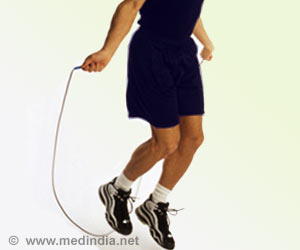The common temporary after-effect of seeing a live band is ‘ringing ears’. But for the musicians on stage, who are exposed to high decibel levels night after night, the effects are worse.
The common temporary after-effect of seeing a live band is ‘ringing ears’. But for the musicians on stage, who are exposed to high decibel levels night after night, the effects are worse.
Action is being taken by the upcoming rock band; Chapter XIII, to protect their hearing. The 5 members of the band wear personally fitted earplugs when they perform to decrease the noise level. Each pair costs £150.Gareth Marshall, 25, lead singer of the band, said: "This is about protecting our ears. As musicians, we are constantly exposed to loud music, and the damage, which is done to your hearing over time, is irreversible. "And if we can't hear properly, how can we hear each other when we're playing?" He said there was a corny image that the louder a band played the better. But Gareth wants to raise awareness of the damage that can be done. "We do want to tell people about this. We want to say we've done something." The earplugs used by the band sends a radio signal to a small back pack that controls the volume. These earplugs will be used while performing, rehearsing and for sound-checks.
Mick Sheppard of Hand Held Audio, who fitted the ear pieces, said: "In-ear monitoring helps protect hearing by facilitating much lower stage volumes and eliminating feedback." "The musician has the volume control and has to resist the temptation to keep on turning it up." Thus, the earplugs have to be used judiciously.
The Royal National Institute for Deaf (RNID), which is running a three-year campaign to raise awareness about the damages of loud music, has supported this band’s decision. The 'Don't Lose the Music Campaign' is targeted at people of the age group 16-30 years. People of this age group are most likely to go to loud concerts and clubs and also be in bands.
Sounds over 80 decibels can damage hearing.
Hearing should be protected by standing away from loud speakers, taking regular breaks from loud music and by wearing earplugs if they are regularly exposed to loud music or if they are exposed for long periods of time. These are some of the measures suggested by RNID.
Advertisement
"If you haven't got tinnitus for God's sake take care of your ears before it's too late."





